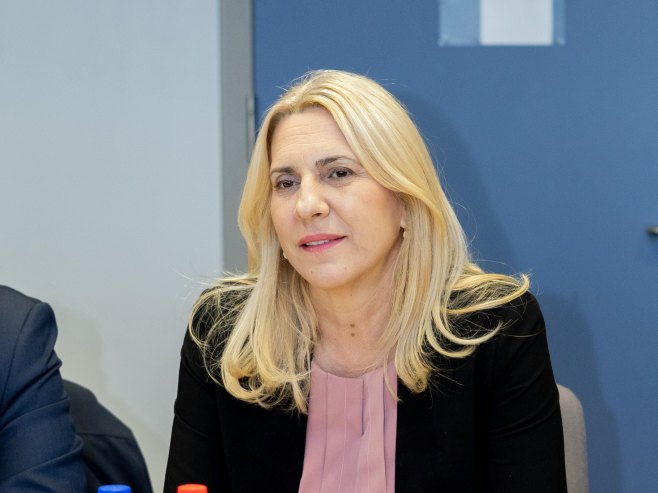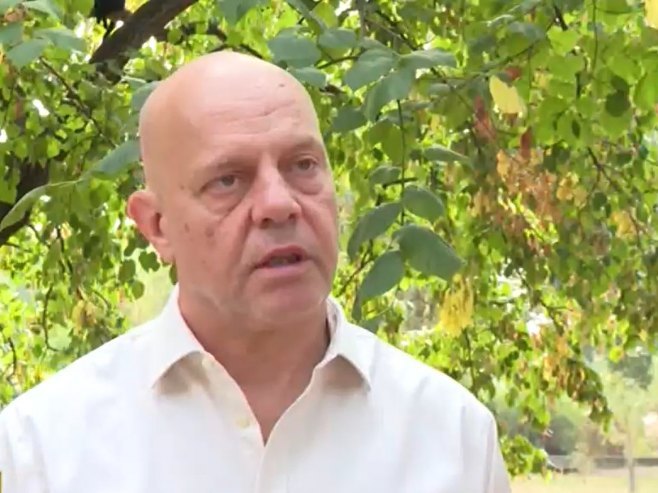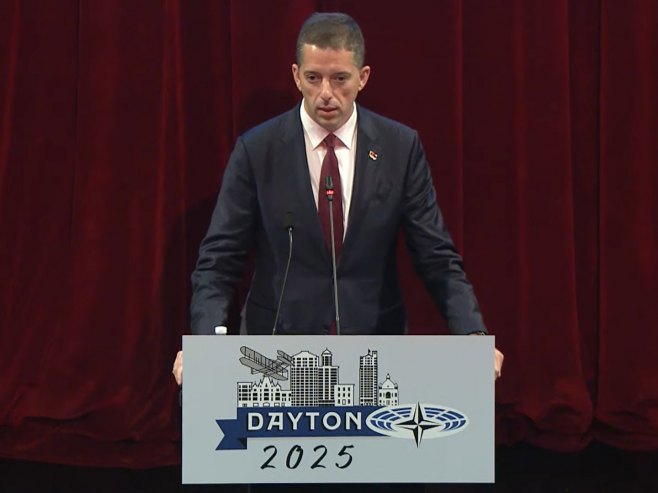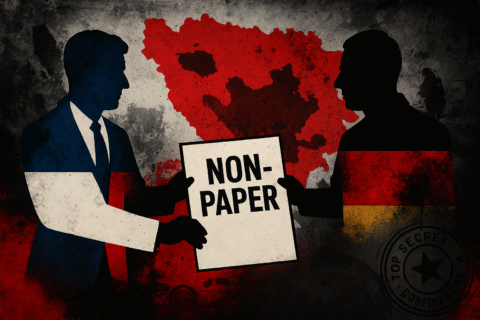Political scientist Aleksandar Pavić said it is a major development that Russia, as the current chair of the UN Security Council, will on Friday present Republika Srpska’s report on the situation in Bosnia and Herzegovina, emphasizing that it is possible representatives of Moscow and Beijing will voice positions calling for Christian Schmidt’s withdrawal.
“Republika Srpska has, for decades, been the main barrier to Bosnia and Herzegovina’s entry into NATO, and President Milorad Dodik has never abandoned friendship with Russia or China. That’s why Russia can stand behind Republika Srpska, represent it, and even present its report before the Security Council — that’s a big deal,” Pavić said.
He noted that since Russia presides over and controls the Council’s agenda, it will certainly not act against Serbian interests but will advocate for a principled stance — the defense of international law and the Dayton Peace Agreement.
“At the same time, Russia is confronting the neo-colonial legacy of Dayton — the Office of the High Representative — which has been a thorn in the side not only of Republika Srpska but also of Russia for some time,” he added.
According to Pavić, Republika Srpska will, through Russia, present all its objections and positions before the Security Council.
He stressed that this session comes at a key moment — with President Donald Trump’s administration now in the White House, which “certainly doesn’t favor Schmidt.”
“We can expect to hear the positions of both Russia and China on the need for Schmidt to step down,” said Pavić.
As for the Western powers, he explained that the U.S. will have to decide whether it wants to openly expose disagreements with France and the U.K., or to tone them down.
“I doubt London and Paris are ready to give up the instrument known as the ‘High Representative.’ They might, however, agree to Schmidt’s departure — provided someone else, acceptable to all and appointed through the Security Council, replaces him,” Pavić stated.
He added that while European powers are unlikely to abandon the High Representative system now, they might accept Schmidt’s replacement with a new figure under a limited, time-bound mandate.
Pavić also pointed out that the main obstacle in the Security Council to requesting an advisory opinion from the International Court of Justice on the procedure of appointing the High Representative could come from the U.K. and France, which “still advocate globalist, imperialist positions” and seek to maintain the OHR as a tool for expanding European and NATO influence in BiH.
“But things are changing — Washington, Brussels, and the European capitals no longer speak with one voice, and the same applies to Bosnia and Herzegovina,” he noted.
Regarding the possibility of calls to close the OHR or remove Schmidt during Friday’s session, Pavić said the outcome depends on “what happens behind the scenes.”
“It depends on whether the Americans and their European partners can align their positions. If there’s a Western consensus, that would make it easier, but I’m not sure they can reach it,” he explained.
Pavić concluded that Russia will certainly raise the issue, and China likely will too, since both countries do not recognize Schmidt’s legitimacy.
“The situation has reached a breaking point — Schmidt is directly responsible for the latest political crisis in BiH, targeting a democratically elected president of Republika Srpska. Even if nothing happens tomorrow, this is unsustainable. Schmidt cannot remain in that position much longer,” Pavić emphasized.
Source: RTRS









